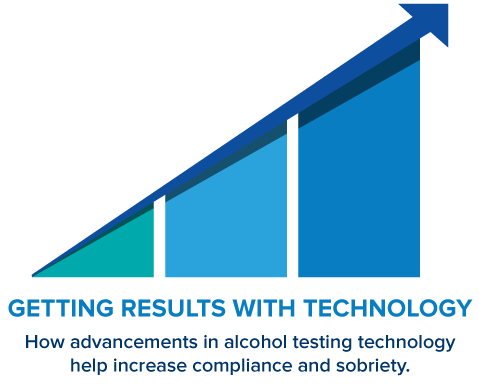Essential Practices and Research
Over the past decade, advancements in alcohol testing technologies have transformed the way courts and agencies manage and supervise alcohol-involved clients. Once seen primarily as a way to sanction drunk drivers, new capabilities, innovations, and evidence-based research are driving an evolution in how these technologies are used and the types of clients being monitored.
Key Takeaways
In addition to providing a thorough look at the alcohol monitoring landscape, key takeaways from the report include:
- The evidence-based case against a one-size-fits-all approach to technology usage
- The reasons more states and jurisdictions are using legislation to standardize alcohol testing
- How monitoring data is informing both individual client assessments as well as full program evaluations
- How technological advancements are giving courts and agencies greater flexibility to tailor the intensity and frequency of monitoring
- What the growing use of alcohol monitoring means for courts and community corrections in the future

